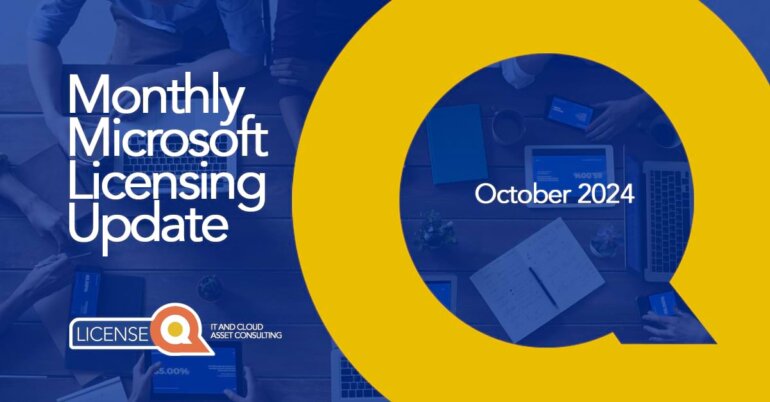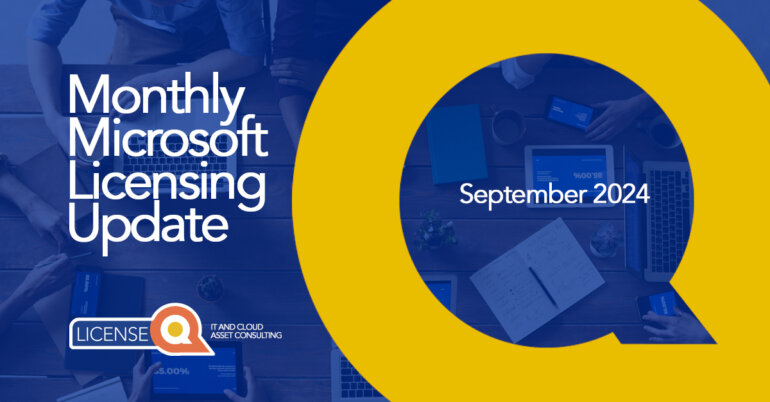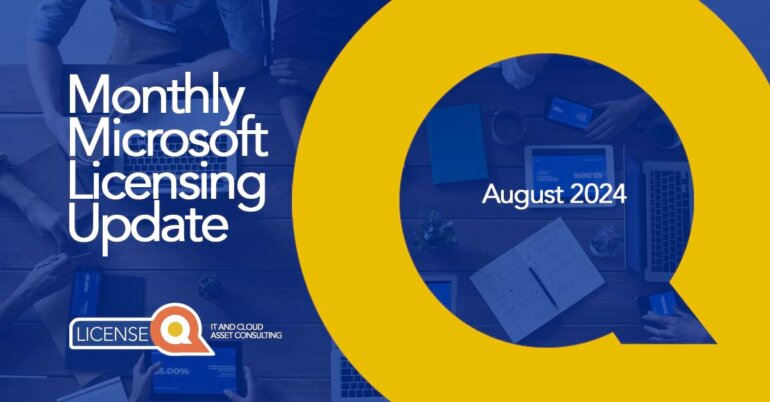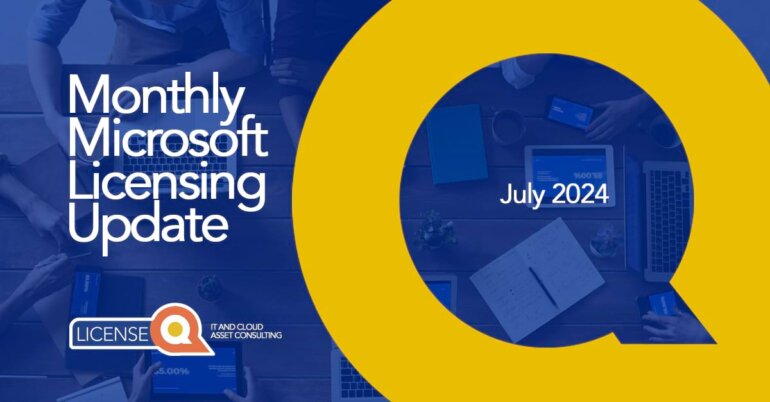Negotiation mistakes - top 6 mistakes to avoid
In this blog we discuss 6 common negotiation mistakes to avoid in your talks with Microsoft. We also share our top best practices based on our own experience at the negotiation table.
These tips will help make your negotiation a success and lead to a good deal for your organization!
1. Be wary of your Microsoft partner’s own agenda
We have seen too many times already that a Microsoft partner influences the internal decision making of an organization. They will push the cloud offerings or software products that they have been instructed to sell (i.e. products they will earn a margin on). Whether your organization needs them or not.
One of our clients experienced this first hand. Their Microsoft partner was pushing the M365 E5 suite, without considering the organization’s current usage or needs. The partner only focused on just one of the pillars of E5 and the client did not get any alternatives to the M365 E5 option. So be mindful how much you share with or include your Microsoft partner.
2. Don’t rely on verbal agreements
Many clients have a good relationship with Microsoft and their account managers, and they are happy with their current deals. In the run up to their Enterprise Agreement renewal they will rely on their account manager who reassures them and promises another good deal.
However, when push comes to shove:
- The account manager is often gone (a different role or job)
- The licensing rules or Microsoft’s agenda change and promises are not kept
- The counterparty has a different idea as to what makes a good deal
Try and scope out as much as possible beforehand, the more detail the better. Never ever rely on verbal agreements! Get any commitments written down on paper or email.

3. Don’t ask for discounts
Never communicate the discount you want from Microsoft.
If you want a 30% discount and you tell them, you are giving away your entire hand. Microsoft will use this information to set their own parameters. You ask for 30%, they’ll give you 10% max on your requested product configuration, and they will only give you 30% when you purchase what they want you to buy.
Microsoft will also see you putting your ask out there as a sign that you do not have a good negotiation strategy. Be careful not to show your full hand to Microsoft, don’t share the points that are most important to you. Either inflate the ask or don’t list it until you get a better feel for what your options are.

Quote
Optimization is the new negotiation! Preparation is 80% of the end result.
Licensing Expert – Erik Hollander
4. Keep your cards close
One of Microsoft’s favorite words is ‘partnership’. However, be mindful of how much you share with Microsoft during your renewal/negotiation process.
It is good to be direct and open, but never too much. Ultimately, Microsoft can use all the right words to explain how they will make a difference for your organization, but the bottom line is, that they are there to make money.
Microsoft sees a good partnership as one in which you buy as many of their products and services as they can sell you. Share what you have to but not more!
5. Question deadlines
Microsoft’s financial year is structured in a way that works for them, with deadlines that suit them.
The deadlines they set for their customers (payments, renewals) work within their annual plans. They want to close deals before the financial year end and individual employees want to meet their annual targets.
If you can meet their deadlines, and they work for you, stick to them. But don’t let Microsoft or their partners threaten you into situations that do not work for you….just so they can get their bonuses.
6. Don’t do trade-offs!
Nine of out ten times buying the entire suite (even with a nice discount) is more expensive than just buying what you need.
We also see that organizations who choose the full M365 E5 suite have internal issues implementing it, with rollout plans taking much longer than anticipated. In the end the suite does not get fully utilized during the term of the agreement, making this investment a bad one.
Make sure you understand your organization’s usage and needs, and purchase based on this.
Best practices for your Microsoft negotiation and renewal
These are our top tips to ensure that you are prepared for your negotiations with Microsoft and that you get the best deal for your organization.
Track your usage!
Keeping track of your usage and deployment of licenses is essential. You need to understand what you currently have and how it is used, to be able to know what to ask for in the future. On top of this, you also always need to understand how the products and services you are using are licensed.
Optimize your licenses!
Many businesses simply renew their existing agreement without considering whether it is still the best fit for their needs (current and future) and usage. Not optimizing your licenses will usually result in paying more than you need to and can lead to non-compliance with Microsoft’s rule and regulations.
One of the most common things we find when we start working with our clients is ‘legacy licenses’. These are licenses that were mostly purchased to get a good discount in a previous renewal, and which should have been removed from the contract at the first anniversary but were simply forgotten. These licenses often amount to quite a large chunk of money you choose to throw away!
Understand the licensing agreements and rules!
It’s important to have a clear understanding of the different types of licensing agreements, including the terms and conditions, usage rights and compliance requirements. Make sure you read and understand all the relevant documentation before signing any agreements. You can read more about the 6 most used Microsoft licensing contracts in our blog here.
Stay up to date!
Microsoft’s products and offer are constantly changing, and with them their rules and regulations. Keeping up to date is pretty much a full-time job (lucky for you, it is our full-time job!).
Microsoft software and services change, their names change and so do their licensing models. You need to stay up to date with changes and updates to regulations to ensure compliance as non-compliance can lead to penalties and fines. But you also need to stay on top of the latest offerings to be able to get the best deal for your organization.
Challenge your renewal timeframe!
Online a lot lot of people say you need to renew your Microsoft contract on time to get the best benefits (Gartner states this, for instance). We are here to tell you not to dance to the tune of Microsoft or Microsoft Partners.
Microsoft partners are incentivized to tell you to renew early (with bonuses and rebates). You should dictate your own timeline and renew when you are good and ready. We have seen contracts that were expired for more than 6 months before being renewed. You can take your time if you understand the do’s and don’ts of renewing late.
On top of this, holding out will help your negotiation! Time is everything and you usually have more of it than the Microsoft sales teams. We recently published a recording of our live session on this topic, watch it below.
Negotiating with Microsoft
As this article has shown, there are many pitfalls in negotiating with Microsoft. Luckily, our licensing experts at LicenseQ are here to support you throughout the entire negotiation process. We offer thorough analyzes of your current usage and future needs, we offer optimization advice and we have years of experience in developing the best negotiation strategies.
LicenseQ can provide immediate support on any negotiation or contract queries. For more information, visit our Contract Negotiation Support page or contact our licensing experts at info@licenseq.com.









